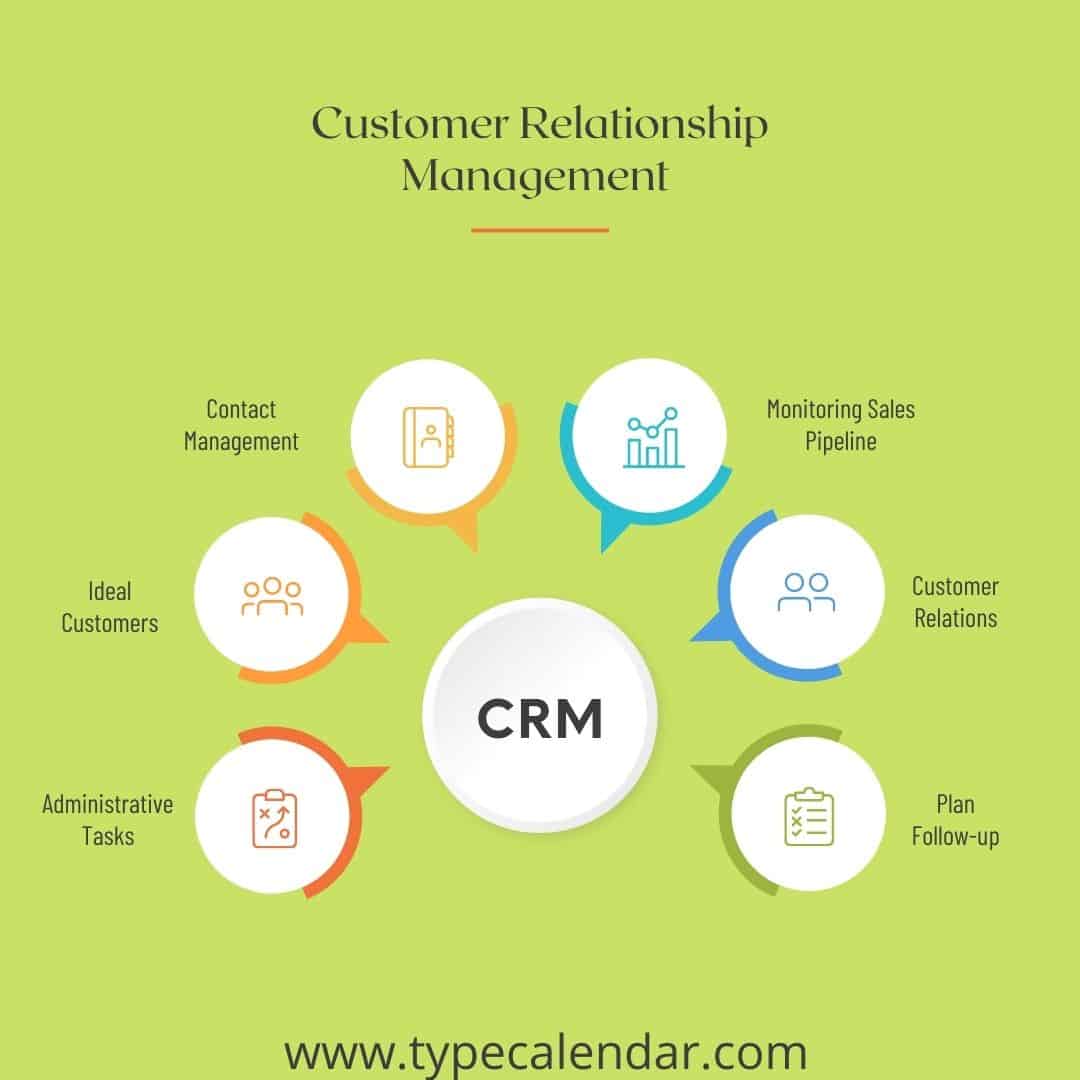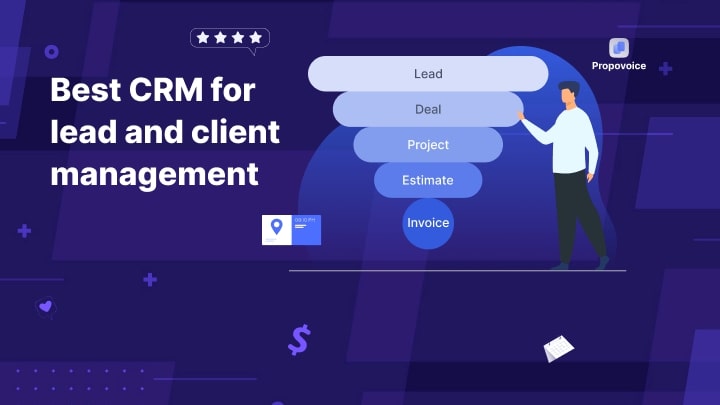Headline: Unlocking Client Success: Your Guide to CRM Software
Keywords: CRM, client relationship management, customer relationship management, software, business, clients, customer service, sales, marketing, communication, organization, efficiency, productivity, data, analytics, benefits, features, implementation, choosing a CRM, small business, large business, FAQ
Introduction: Making Friends with Your CRM
Hey there! Ever felt overwhelmed juggling all your clients? Remembering birthdays, tracking emails, managing projects – it can be a real headache. That’s where a CRM, or Customer Relationship Management, system comes in. Think of it as a super-organized friend who helps you keep track of everything related to your clients, making your life (and theirs!) much easier. This guide will walk you through what a CRM is, why you need one, and how to choose the perfect one for your needs. We’ll cover everything from basic features to advanced analytics, making sure you understand how a CRM can boost your business and strengthen client relationships.
Keywords for this section: CRM definition, CRM benefits, client management, customer management, business organization.
What is a CRM? More Than Just a Contact List
A CRM is more than just a digital address book. It’s a powerful tool that helps you manage all interactions with your clients, from initial contact to ongoing support. Imagine having a central hub where you can store all your client information, track communication history, manage projects, and analyze sales data – all in one place. That’s the power of a CRM. It helps you stay organized, improve communication, and ultimately build stronger, more profitable relationships with your clients.
| Feature | Description | Benefit |
|---|---|---|
| Contact Management | Store client details (name, address, email, phone, etc.) | Easy access to client information, reducing search time. |
| Communication Tracking | Log all communication (emails, calls, meetings) | Improved communication history and follow-up. |
| Project Management | Track project progress, deadlines, and tasks | Improved project organization and timely completion. |
| Sales Management | Manage sales leads, track opportunities, and analyze sales performance | Increased sales efficiency and revenue generation. |
| Reporting & Analytics | Generate reports on client interactions, sales, and other key metrics | Data-driven insights to improve business strategies and decisions. |
Keywords for this section: CRM features, contact management, communication tracking, project management, sales management, reporting and analytics, CRM functionality.
Why You Need a CRM: Boosting Your Business
Using a CRM offers several key advantages:
- Improved Organization: No more scattered notes or lost emails! A CRM centralizes all your client information, making it easy to find what you need, when you need it.
- Enhanced Communication: Track all communication with clients, ensuring no detail is missed. This leads to better client service and stronger relationships.
- Increased Efficiency: Automate repetitive tasks, freeing up your time to focus on more important things like building relationships and growing your business.
- Better Customer Service: Quick access to client history helps you provide personalized and efficient service, leading to increased client satisfaction.
- Data-Driven Decisions: Analyze your data to identify trends, improve your strategies, and ultimately boost your business’s bottom line.
Keywords for this section: CRM advantages, improved organization, enhanced communication, increased efficiency, better customer service, data-driven decisions, CRM benefits for business.
Choosing the Right CRM: Finding Your Perfect Match
Not all CRMs are created equal. The best CRM for you will depend on your specific needs and budget. Consider these factors:
- Size of your business: A small business might need a simpler, less expensive CRM, while a larger business might require a more comprehensive system with advanced features.
- Number of clients: The more clients you have, the more important it is to have a robust CRM system that can handle large amounts of data.
- Specific features: Do you need project management tools? Sales automation features? Integration with other software? Identify the features that are most important to you.
- Budget: CRMs range in price from free to thousands of dollars per month. Determine how much you’re willing to spend.
- Ease of use: Choose a CRM that is intuitive and easy to use, so your team can adopt it quickly and efficiently.
Keywords for this section: CRM selection, choosing a CRM, CRM features comparison, CRM pricing, CRM implementation, CRM for small business, CRM for large business.
Implementing Your CRM: A Smooth Transition
Once you’ve chosen a CRM, implementing it effectively is crucial. Here are some tips:
- Train your team: Ensure everyone understands how to use the system properly.
- Start small: Don’t try to implement everything at once. Start with the most important features and gradually add more as your team becomes comfortable.
- Import existing data: Transfer your existing client information into the CRM to avoid data loss.
- Monitor progress: Track your progress and make adjustments as needed.
- Seek support: Most CRM providers offer support and training resources. Don’t hesitate to use them!
Keywords for this section: CRM implementation tips, CRM training, CRM data migration, CRM support, CRM onboarding.
Advanced CRM Features: Unlocking Deeper Insights
Many CRMs offer advanced features that can significantly enhance your business:
- Marketing automation: Automate marketing tasks like email campaigns and social media posting.
- Sales forecasting: Predict future sales based on historical data.
- Customer segmentation: Group clients based on shared characteristics to tailor your marketing and sales efforts.
- Integrations: Connect your CRM with other business tools like email marketing platforms and accounting software.
- Mobile access: Access your CRM from anywhere, anytime.
Keywords for this section: CRM advanced features, marketing automation, sales forecasting, customer segmentation, CRM integrations, mobile CRM.
| Advanced Feature | Description | Benefit |
|---|---|---|
| Marketing Automation | Automate email campaigns, social media posts, and other marketing tasks. | Increased efficiency and reach. |
| Sales Forecasting | Predict future sales based on historical data and current trends. | Improved sales planning and resource allocation. |
| Customer Segmentation | Group clients based on shared characteristics for targeted marketing. | More effective marketing campaigns and personalized customer experiences. |
| Integrations | Connect your CRM with other business tools for a seamless workflow. | Improved efficiency and data flow. |
| Mobile Access | Access your CRM from anywhere, anytime, using a mobile device. | Increased flexibility and accessibility. |
Keywords for this section: Advanced CRM features, marketing automation, sales forecasting, customer segmentation, CRM integrations, mobile CRM, CRM analytics.
Conclusion: Your CRM, Your Success
A CRM is an invaluable tool for any business that wants to improve client relationships and boost its bottom line. By centralizing client information, streamlining communication, and providing data-driven insights, a CRM can help you achieve your business goals and build a thriving client base. Remember to choose a CRM that fits your specific needs and budget, and to implement it effectively for optimal results. Embrace the power of a CRM and watch your business flourish!
Keywords for this section: CRM conclusion, CRM benefits summary, CRM success, client relationship management success.
Frequently Asked Questions (FAQ)
Q: Is a CRM right for my small business?
A: Absolutely! Even small businesses can benefit greatly from a CRM. It can help you stay organized, improve communication, and ultimately grow your business. Many CRMs offer affordable plans specifically designed for small businesses.
Q: How much does a CRM cost?
A: The cost of a CRM varies widely depending on the provider, features, and number of users. Some CRMs offer free plans, while others can cost thousands of dollars per month. It’s important to research different options and find one that fits your budget.
Q: How long does it take to implement a CRM?
A: The implementation time depends on the complexity of the CRM and the size of your business. It can range from a few days to several weeks or even months. Proper planning and training are key to a smooth implementation.
Q: What if I don’t know much about technology?
A: Most CRMs are designed to be user-friendly, even for those with limited tech experience. Many providers offer training and support resources to help you get started. Don’t hesitate to reach out to them for assistance.
Q: Can I access my CRM from my phone?
A: Many modern CRMs offer mobile apps, allowing you to access your client data and manage tasks from anywhere, anytime.
Keywords for this section: CRM FAQ, CRM cost, CRM implementation time, CRM user-friendliness, mobile CRM access.



